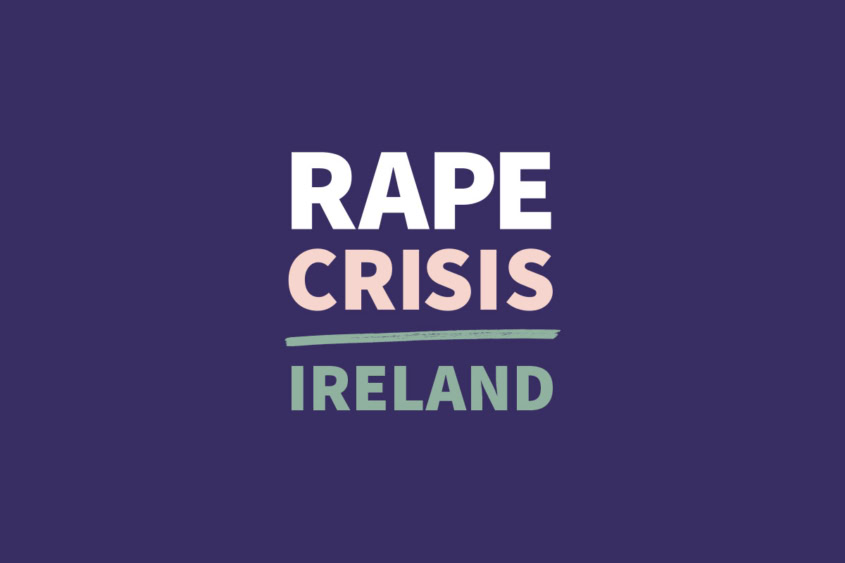Gaps in Specialist Sexual Violence Training Must Be Addressed
Rape Crisis Network Ireland Responds to Higher Education Authority’s Surveys On Sexual Violence and Harassment in Higher Education
Today’s Higher Education Authority Surveys of experiences of Sexual Violence and Harassment in Higher Education released by the Minister for Further and Higher Education, Research, Innovation and Science, Simon Harris, makes for sobering reading. The students who took part in the survey described high levels of sexual violence and harassment and staff.
RCNI welcomes the progress made in establishing the evidence of the extent of sexual violence and harassment amongst Ireland’s HEI students and staff and welcomes Minister Harris’ commitment of additional funding to support accountability and action across HEIs and supporting cultural change.
Many survivors of sexual abuse and harassment on campus will seek counselling support, including at their local Rape Crisis Centre. Our forthcoming research shows that 11% attend student counselling and 33% attend rape crisis centres for specialist counselling. To reinforce the solid recommendations outlined in the report, RCNI calls for all HEIs to make good on a partnership with their local Rape Crisis Centre through secure funding commitments under the HEI Framework for Consent to support the availability and access for their students and staff to specialization services and advocacy.
For the Minister and the Department their attention must include supporting the training infrastructure that needs to be in place to meet survivor needs. The RCNI’s forthcoming report on the Clinical Innovation Project ‘Counselling Survivors On and Offline’ examined the provision of on- and offline counselling to survivors of sexual violence during the pandemic and identified serious shortfalls in the availability of specialised training and CPD for counsellors. It also found that two thirds of survivors do not reach specialist services and have a high level of dissatisfaction with the support they receive. Survivor feedback speaks to an urgent need to put in place standardised specialist training and specialist clinical supervision for the counselling sector.
Cliona Saidlear, Executive Director of RCNI, said:
‘The gaps in specialist sexual violence training across the counselling profession pose a risk of further harm and re-traumatisation for survivors of sexual violence. The current situation of absent or uneven specialist sexual violence training is inequitable and does not serve either survivors or counsellors. It challenges student counselling services and their partners in the community in providing counselling for survivors and reducing waiting lists. RCNI would welcome further engagement with the Minister about how we ensure the professional specialist training with the potential to improve the experience of all is supported.’
